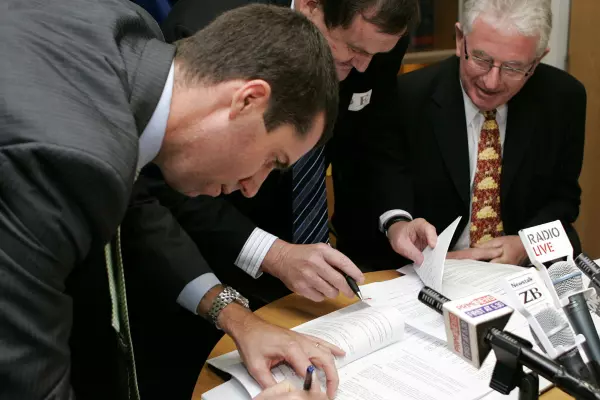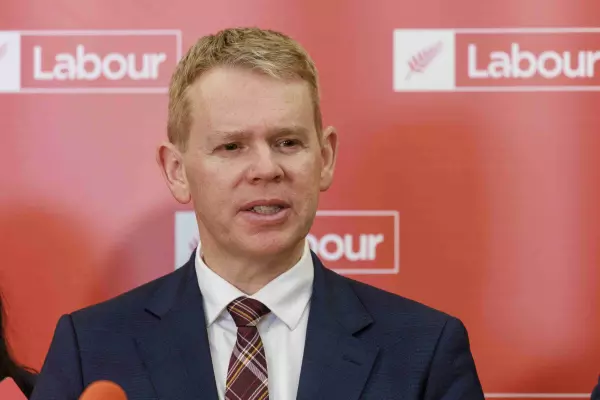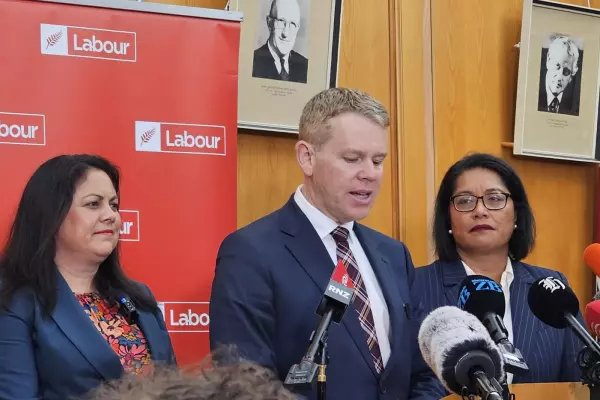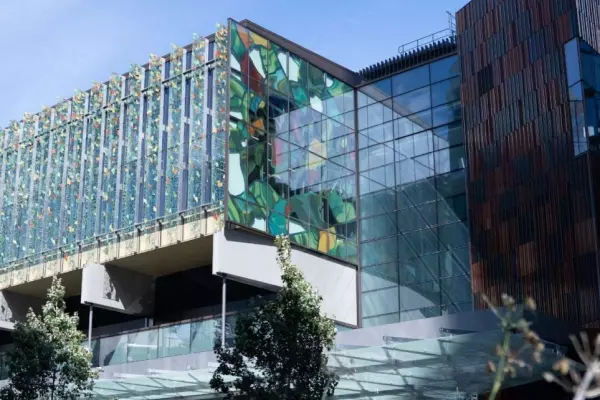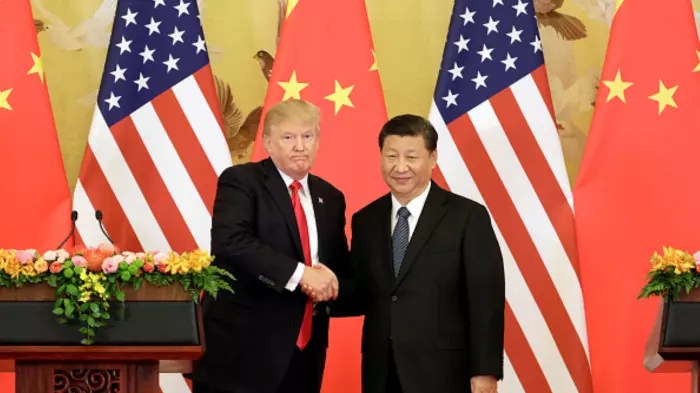PATTRICK SMELLIE: Bold, simple covid-19 package still comes with a warning
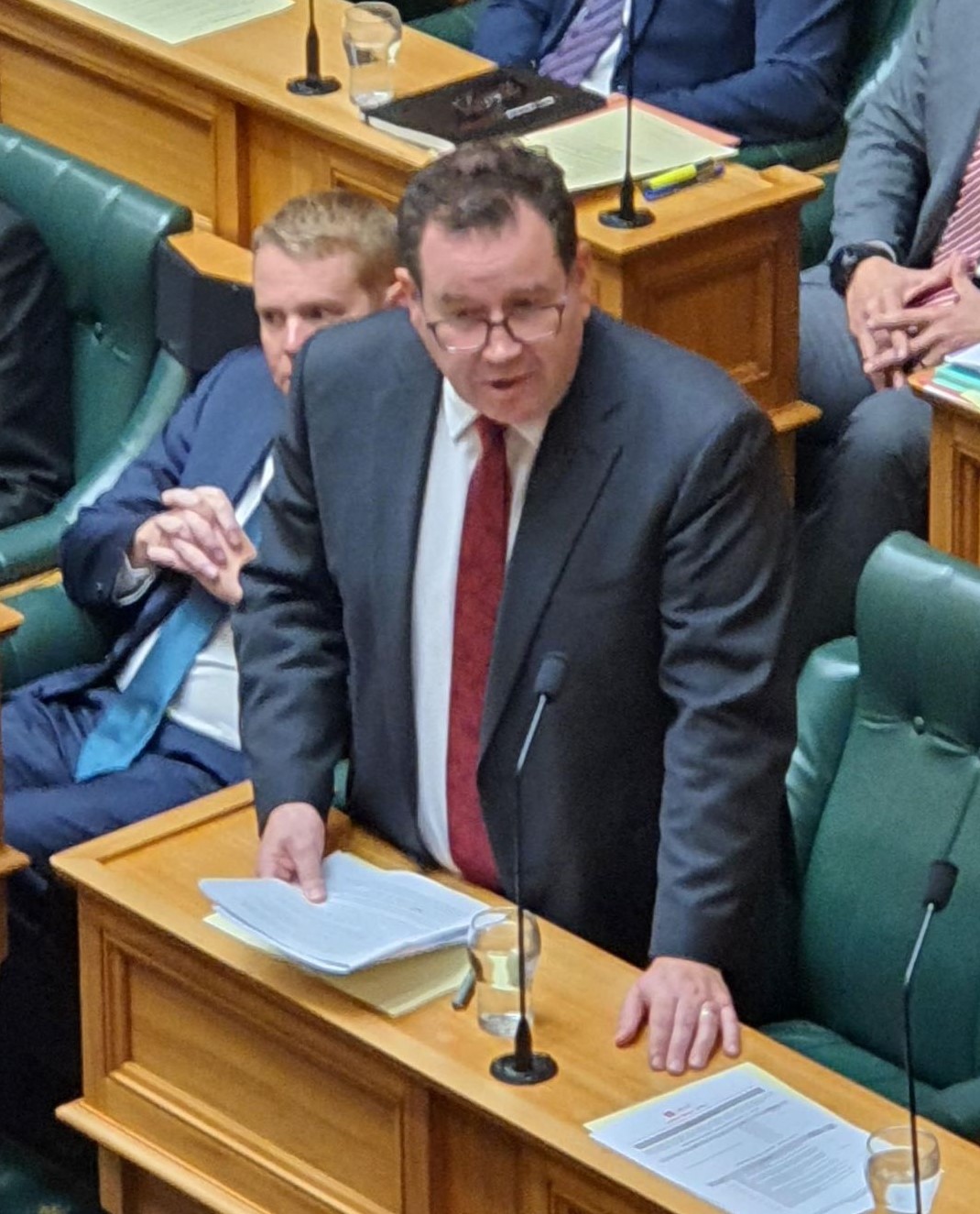
It is hard to overstate just how big today’s $12.1 billion covid-19 economic package is.
It represents 4 percent of Gross Domestic Product.
For people who don’t quite know what that means, imagine this: it’s nearly four times what New Zealand spends annually on its defence forces each year.
In concert with the Reserve Bank’s decision yesterday to delay new capital requirements for the banking sector, which have effectively released an additional $47 billion in credit available for business lending, this is a huge package of measures.
It’s also only phase one.
While the announcements are blunt instruments, they meet two very important basic needs at this unprecedented time: they are bold and they are simple.
Any employer can understand the wage subsidy and sick leave assistance packages with ease. The provisional tax and depreciation changes are easy to understand. Eligibility is almost unrestricted. The Uber driver who has to self-isolate will be able to claim sick leave subsidies. The small business that has to buy new IT gear to let staff work from home will welcome the accelerated depreciation for assets worth less than $5000.
One or two National Party MPs shook their heads at Finance Minister Grant Robertson’s statement to Parliament and took potshots at $25 a week extra for beneficiaries – a Budget decision that has simply been brought forward to today – and the doubling of the indiscriminate Winter Energy Payment.
However, the reality is that both sides of Parliament support the broad direction of this package.
And all MPs know there is more to come in the Budget, and in work not yet complete to assist large-scale and complex businesses. There is also almost certainly a bailout coming for Air New Zealand worth hundreds of millions of dollars in a repeat of the 2001 bailout that stopped the national carrier from going broke.
All Opposition leader Simon Bridges could do was say the government had acted too late and got its priorities wrong. It wasn’t much to hang your hat on and, in fact, National is hamstrung by the fact that oppositional politics is a turn-off when the country is on the peacetime equivalent of a war footing.
Equally, both sides of Parliament deserve a vote of thanks from New Zealanders for a generation of fiscal prudence that allows our government today to announce a stimulus package that is far larger than Australia’s and is economically sustainable.
It’s hard work facing down requests for loose new spending from supporters, the pockets of serious need in the health, education, welfare and justice sectors, and from economic commentators who’ve thought the money tap should have been turned on years ago.
But the logic of being ready for a rainy day has, for the fourth time since the 2008 global financial crisis, been proven to place the country in the best possible position to respond to black swan crises.
National ramped up spending in 2009 in reaction to the GFC, when like-minded countries with far higher debt imposed austerity.
When the Canterbury and then the Kaikoura earthquakes struck, a strong Crown balance sheet was a hugely valuable starting point.
In 2020, as the world reels from the coronavirus outbreak, that prudence is being rewarded again.
Today’s $12 billion of new spending will all be borrowed, and there will be more than that in the end. But even with such a huge commitment, New Zealand’s net Crown debt will struggle to get to 30 percent of GDP, still leaving it very low by global standards.
It will probably be a future Finance Minister’s problem working out how to return to Budget surplus once the impact of covid-19 fades.
However, even as they dole out unprecedented sums in a historic economic support package, both Robertson and Prime Minister Jacinda Ardern are relentlessly repeating this warning: we will save some jobs, but not all jobs; some businesses, but not all businesses.
There are tough times ahead for almost everyone. At least we have been governed by parties of differing political stripes over the last three decades that now allow New Zealand to cushion those losses to a far greater extent than most other countries in the world.
Comments




